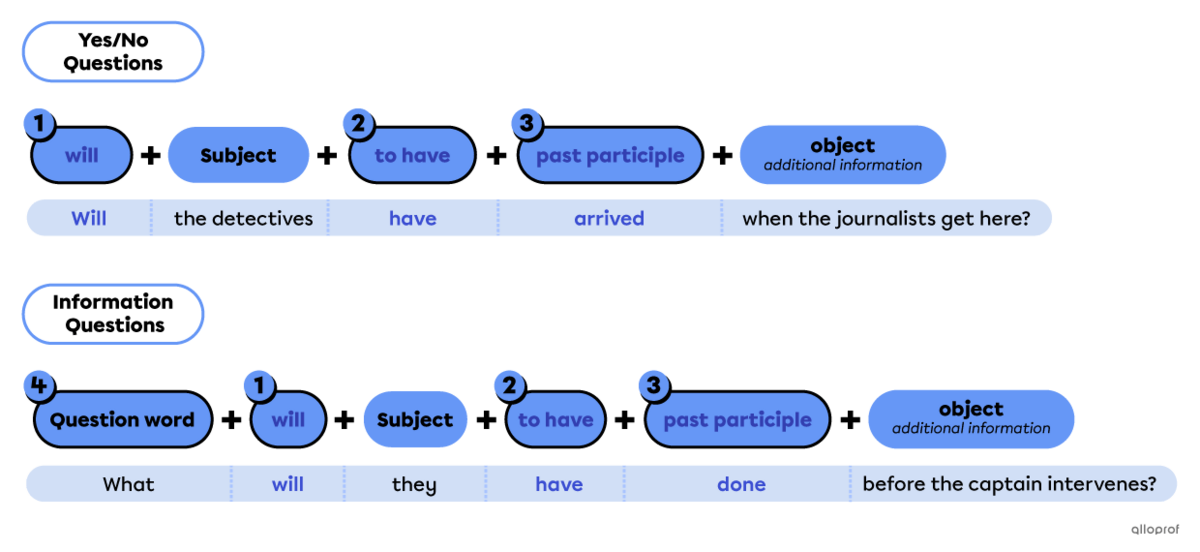The future perfect tense expresses:
-
A finished action before a certain time in the future
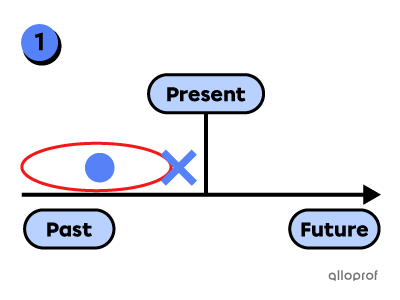
-
Emphasis on the duration of an action before another action or moment in the future
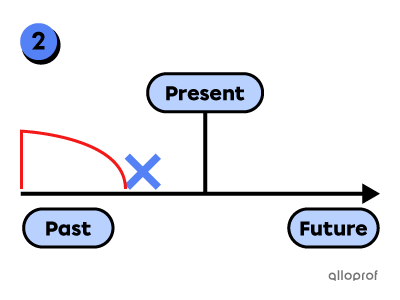
-
A prediction or an assumption about a future event that will happen before a certain time in the future
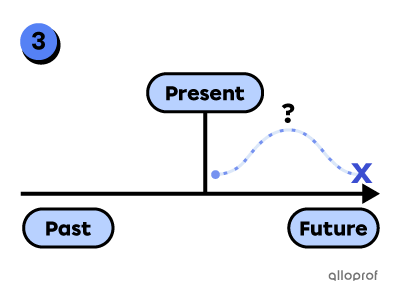
-
A finished action before a certain time in the future

-
Emphasis on the duration of an action before another action or moment in the future

-
A prediction or an assumption about a future event that will happen before a certain time in the future
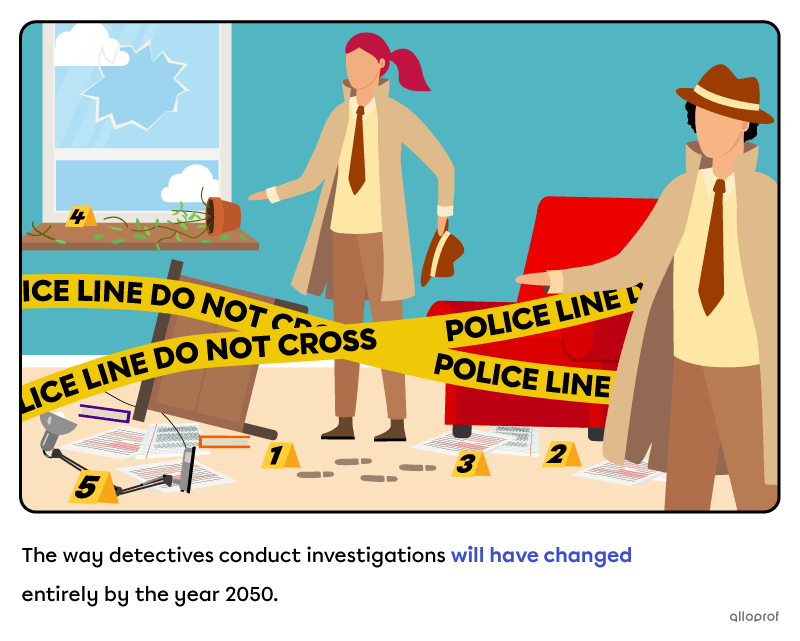
Using the future perfect verb tense usually requires more context, such as a conversation.
In many cases, using the simple future could also work but won’t be as specific about what it implies.
Here are some guidelines to help you choose between the simple future or the future perfect.
-
Used with or without a specified period of time
-
Is more general
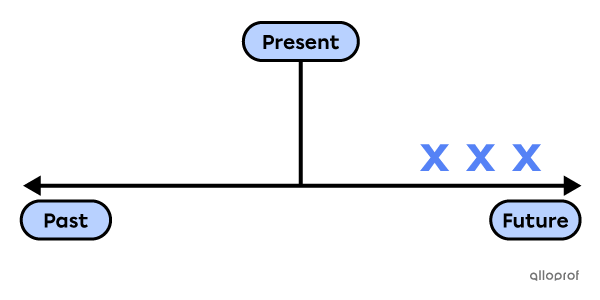
They will compile evidence and they will discuss the case.
It implies:
That both actions will be completed in the future without mentioning any deadline.

-
Used with a specified deadline
-
Focuses on future actions being completed before another action
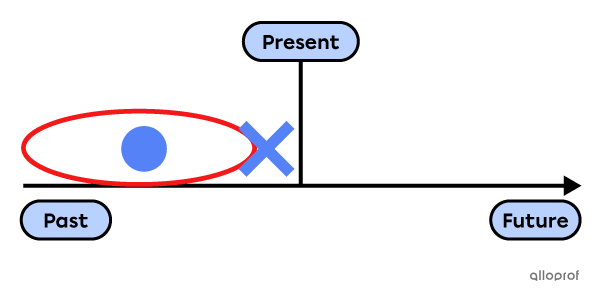
They will have compiled all the evidence before they discuss the case.
It implies:
That they will be done compiling the evidence by the time they discuss the case. One action must be finished before the other one occurs.



